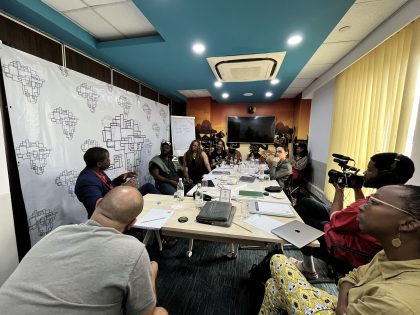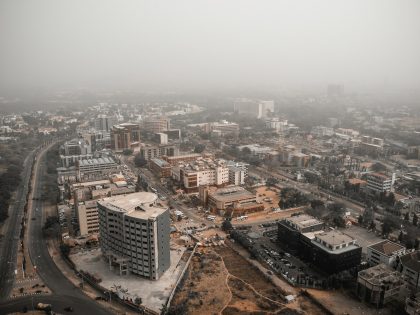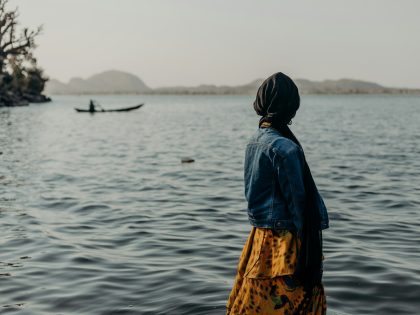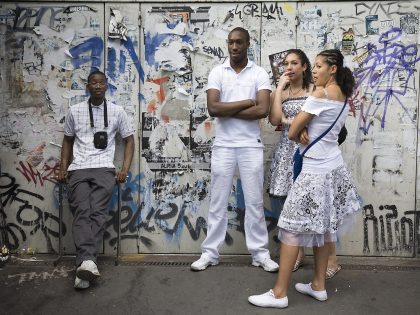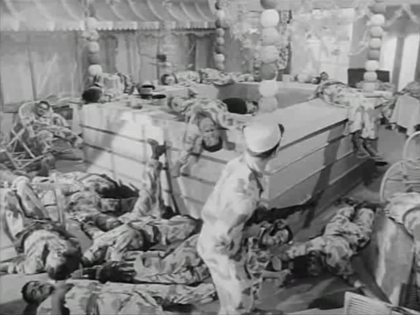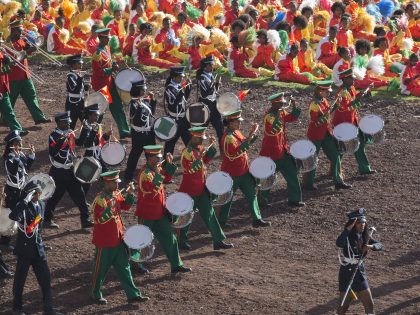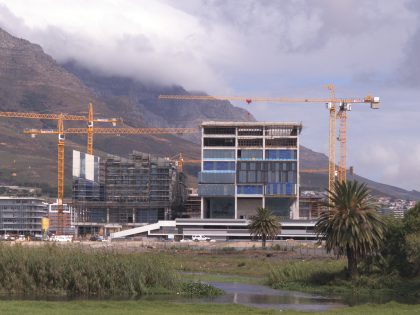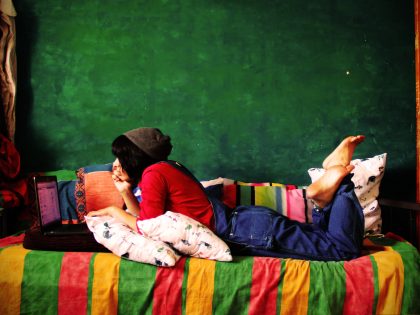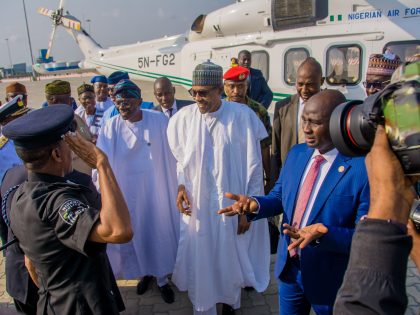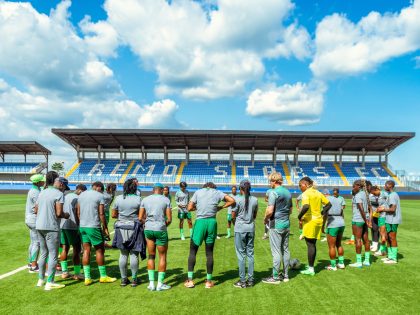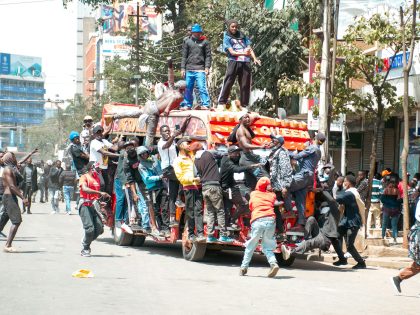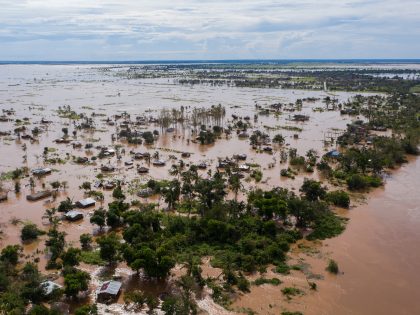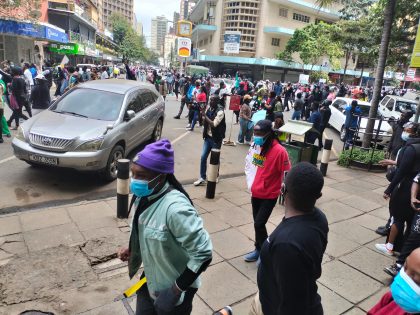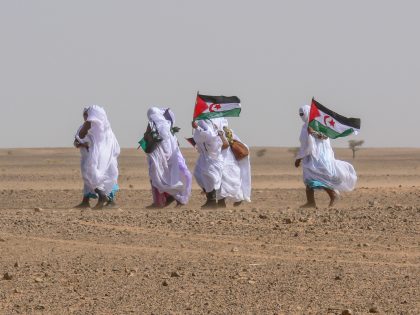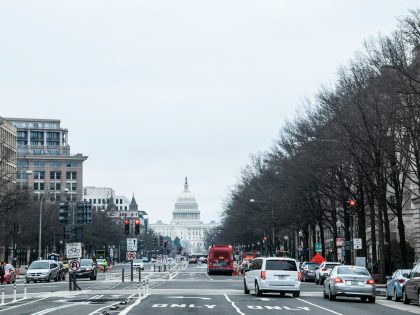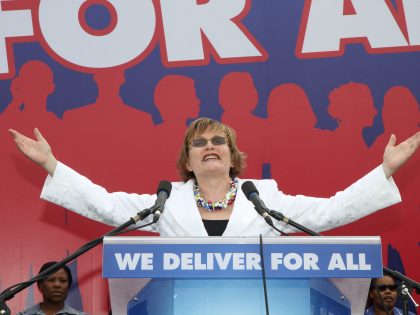The gay marriage map

The graphic above accompanied an opinion piece by Frank Bruni on gay marriage in Portugal in Sunday’s New York Times. South Africa is the only African country of 10 worldwide to have national laws extending marriage rights to gays and lesbians. And as we know South Africa is not the most gay friendly countries. Here’s Bruni:
It was only a little more than a decade ago that a country first legalized same-sex marriage, and that happened in precisely the kind of forward-thinking, bohemian place you’d expect: the Netherlands. About two years later, Belgium followed suit.
Then things got really interesting. The eight countries that later joined the club were a mix of largely foreseeable and less predictable additions. In the first category I’d put Canada, Norway, Sweden and Iceland. In the second: South Africa, Spain, Portugal and Argentina.
Why those four countries? People who have studied the issue note that that they have something interesting and relevant in common: each spent a significant period of the late 20th century governed by a dictatorship or brutally discriminatory government, and each emerged from that determined to exhibit a modernity and concern for human rights that put the past to rest.
“They’re countries where the commitment to democracy and equal protection under the law was denied, flouted and oppressed, and the societies have struggled to restore that,” said Evan Wolfson, the president of Freedom to Marry, a New York-based advocacy group, in a recent interview.
